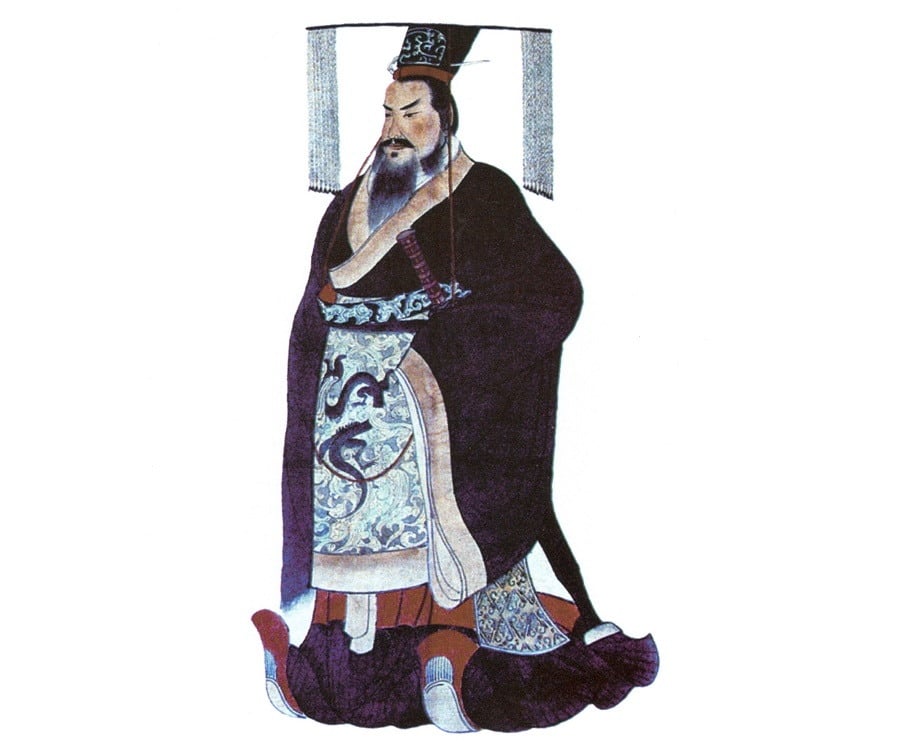- 27 Sep 2018 14:09
#14949331
Location: Melbourne, Australia
Ideology: Australian Liberalism

This is something I will never understand about Mainlanders...
Why do they consider one of history's most infamous tyrants, who is commonly known as "The Dragon Emperor" in the west, a Hero? Jing Ke was the real hero and everyone else seems to know that.
I mean amoungst other murderous atrocities(which he committed alot of the time against Children in particular) he murdered his infant Half-brothers by putting them in sacks and having the sacks smashed into the ground.
Is it the usual CCP propoganda censorship(what Orwell described in 1984 as "the erasing of history")?
Lol....
Why do they consider one of history's most infamous tyrants, who is commonly known as "The Dragon Emperor" in the west, a Hero? Jing Ke was the real hero and everyone else seems to know that.
I mean amoungst other murderous atrocities(which he committed alot of the time against Children in particular) he murdered his infant Half-brothers by putting them in sacks and having the sacks smashed into the ground.
Is it the usual CCP propoganda censorship(what Orwell described in 1984 as "the erasing of history")?
Lol....
Location: Melbourne, Australia
Ideology: Australian Liberalism































 - By Tainari88
- By Tainari88 - By Fasces
- By Fasces